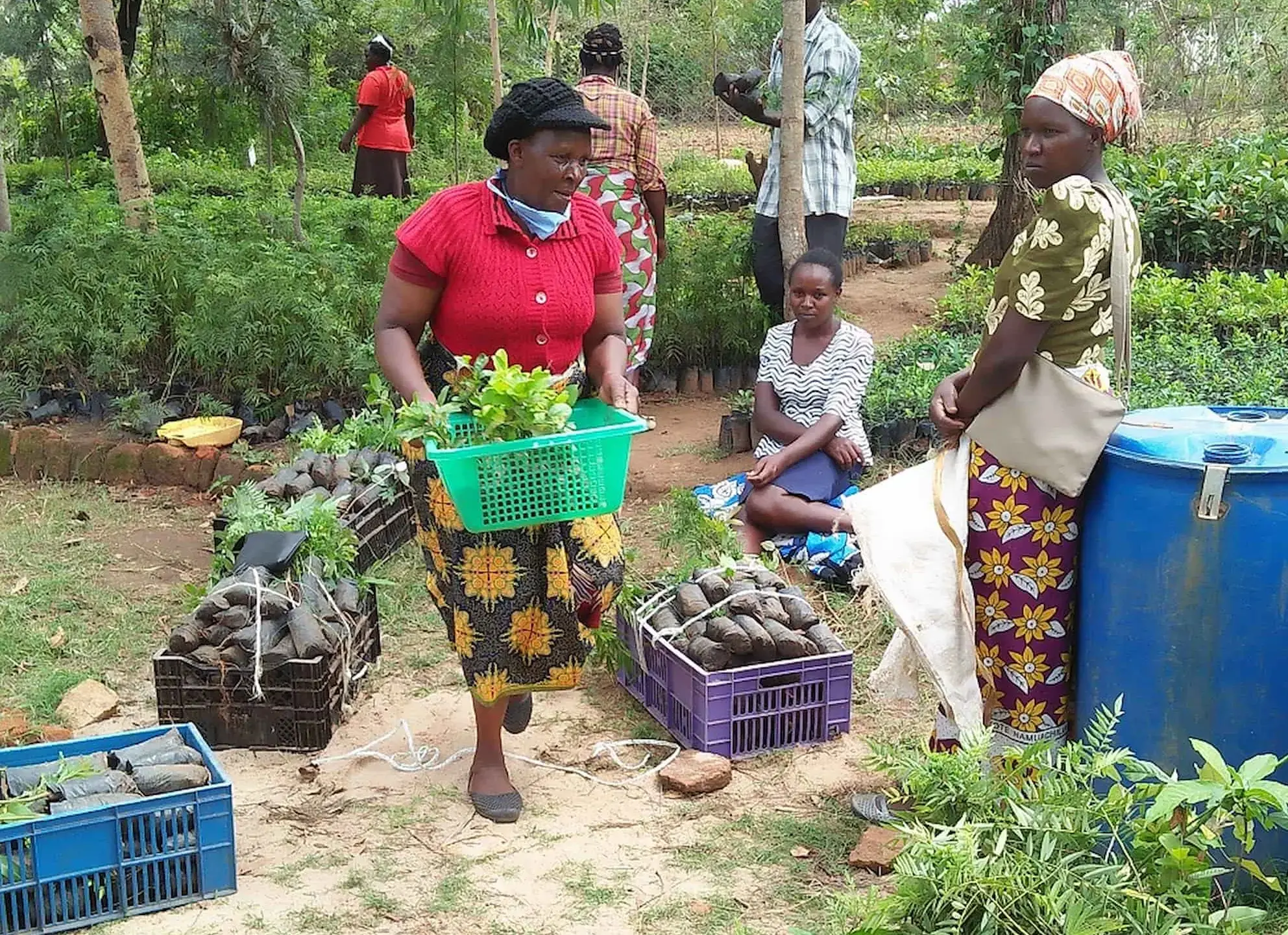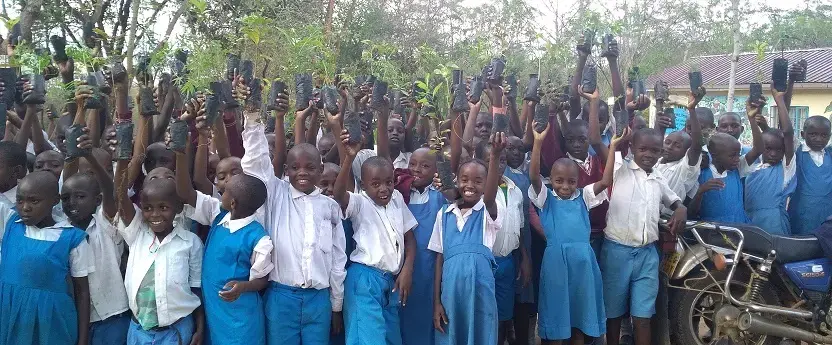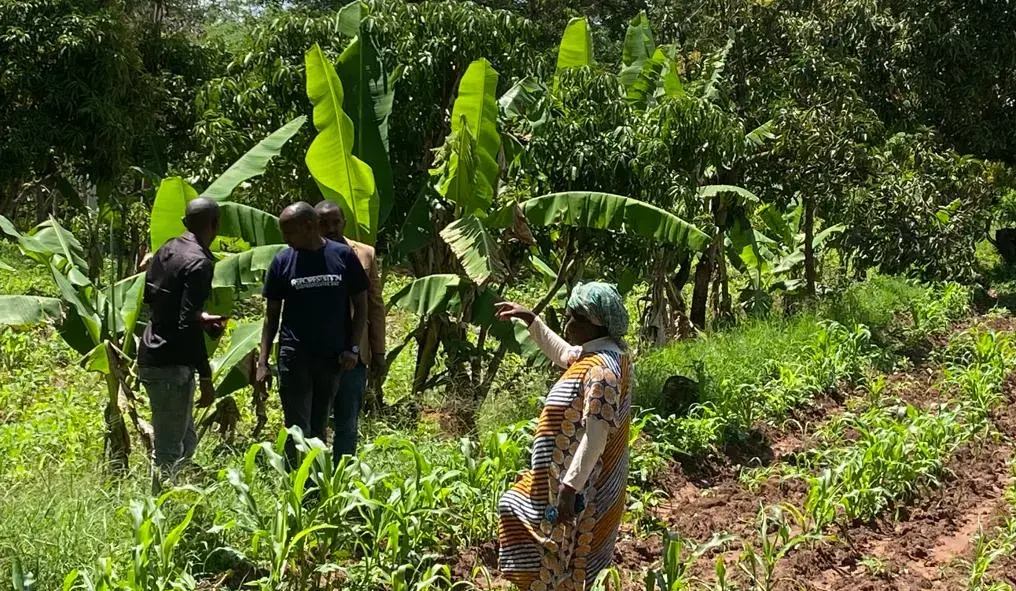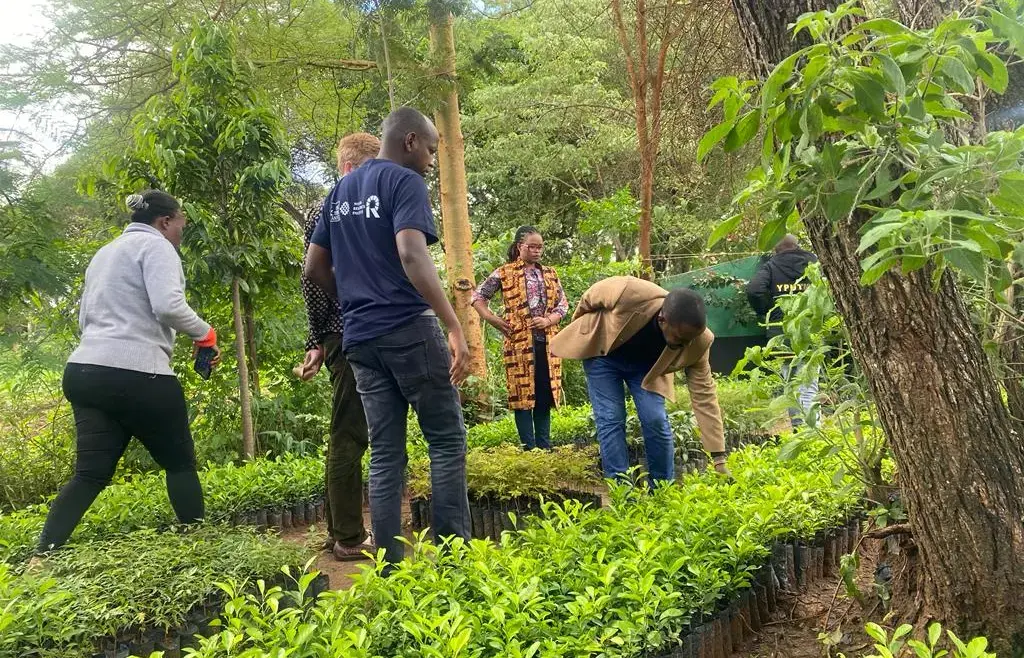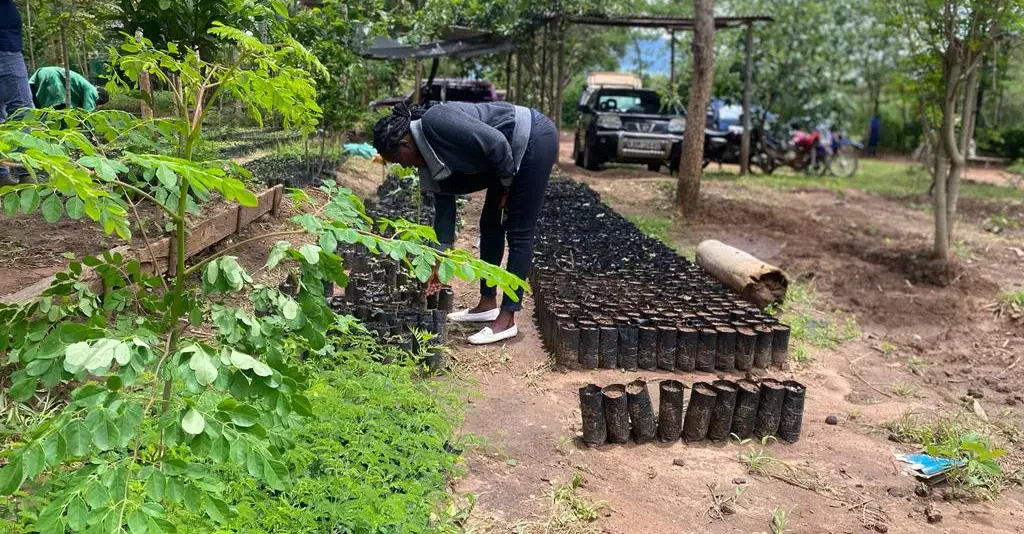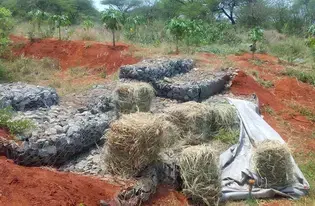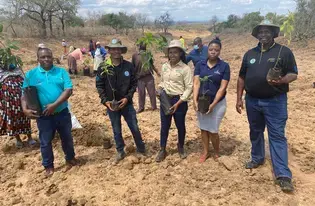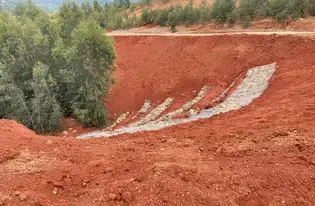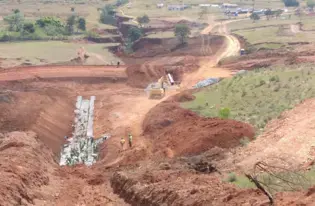Bringing people and nature together requires community-led approaches. Through sustainable agroforestry, Kenya’s Drylands Natural Resources Center has embarked on an ambitious journey to restore degraded lands and boost community development.
Many communities in Kenya struggle to generate sufficient income to afford clean cooking technologies and instead turn to firewood. As a result, the simple act of preparing a meal can cause deforestation, soil erosion and reduce crop yields.
Food production in Kenya has been in steady decline due to degradation and climate change. A report by Farm Africa highlights that food insecurity and malnourishment is a challenge to millions of Kenyans. An estimated one in three Kenyans is food poor.
To address this challenge, the Drylands Natural Resources Centre is working hard to restore hope and build a harmonious future where natural resources and the community both thrive.
DNRC is a Kenyan non-governmental organization founded in March 2009 with a mission to restore fragile lands, reduce deforestation, and address water scarcity and the effects of climate change in Kenya. The center has a vision of “sustainable and resilient communities in the drylands.”
The organization started from the grassroots, encouraging households to take care of and restore their lands through permaculture and agroecology.
This work is building a greener and more sustainable economy for Kenya through increased crop productivity, soil and water resources management, and community development. The two species that the organization invests in the most are moringa and aloe vera, which provide income to its member farmers.
DNRC embarked on this journey of restoration to protect landscapes and create an opportunity for the community to live in harmony with Mother Nature.
“Deforestation was reaching a climax and we were losing our trees. This led to an increase in desertification across the country,” says Nicholas Syano, the organization;s founder and chief executive officer.
Today, the center’s work is focused on promoting the sustainable use and management of resources in Kenya’s drylands and improving the livelihoods of marginalized communities.
DNRC trains farmers on how to prepare planting sites using dryland-specific strategies to ensure the proper growth of seedlings. They also train and mentor farmers on dryland agroforestry and how to sustainably manage planted trees so that they grow tall and strong.
The center works with 800 households, representing 4,200 people, of which 45 percent are young. They also engage 12 local schools in Makueni Country, working with 3,000 pupils.
These communities have benefited from the partnership by planting trees from the center’s nursery and selling their harvests to the center, therefore earning an income. Today, the farmers are brought together to discuss their challenges and brainstorm solutions. This is paramount to the success of the project.
“Farmers used to be segregated, but now they are more united than ever because of the constant interactions and teamwork which favors their way of working. Tree planting has brought them together and fostered collaboration,” Nicholas says.
In partnership with communities, DNRC has grown about 1 million trees, impacted thousands of community members and initiated 10 different projects, such as providing indigenous seedlings, producing moringa powder and seeds, processing biochar, and introducing poultry farming.
The Drylands Natural Resources Center also partners with the Kenya Forest Service to ensure sustainable harvesting of trees and the Kenya Forest Research Institute to train farmers in effective tree planting.
DNRC is also supported by TerraFund for AFR100, an initiative of World Resources Institute, One Tree Planted, and Realize Impact that finances Africa's top restoration enterprises and projects, to propagate diverse dryland seedlings across the county’s smallholder farms and schools. Through these partnerships, the organization is constantly improving its approach to restoration and ensuring the effectiveness of its work.
Through this project alone, the center aims to plant 50,000 more trees and work closely with 1,000 more households to boost biodiversity and landscape restoration in Kenya. This will not only accelerate ongoing restoration efforts, but also ensure that communities are thriving in harmony with nature.
